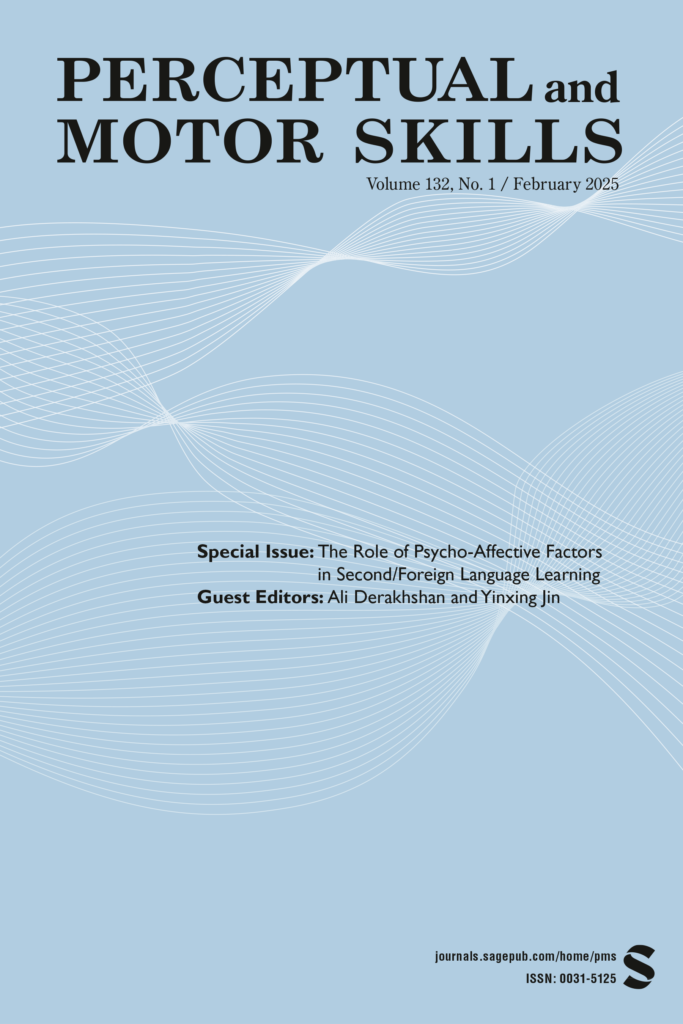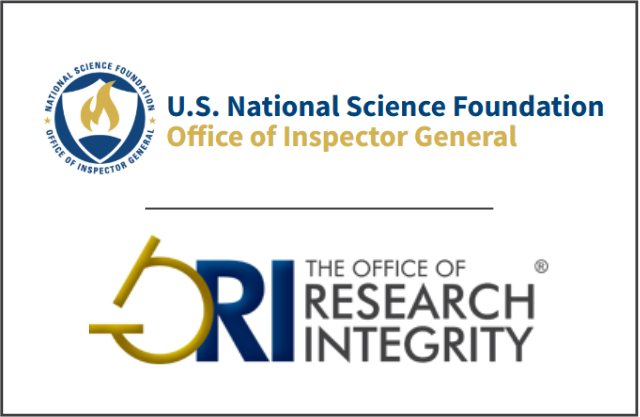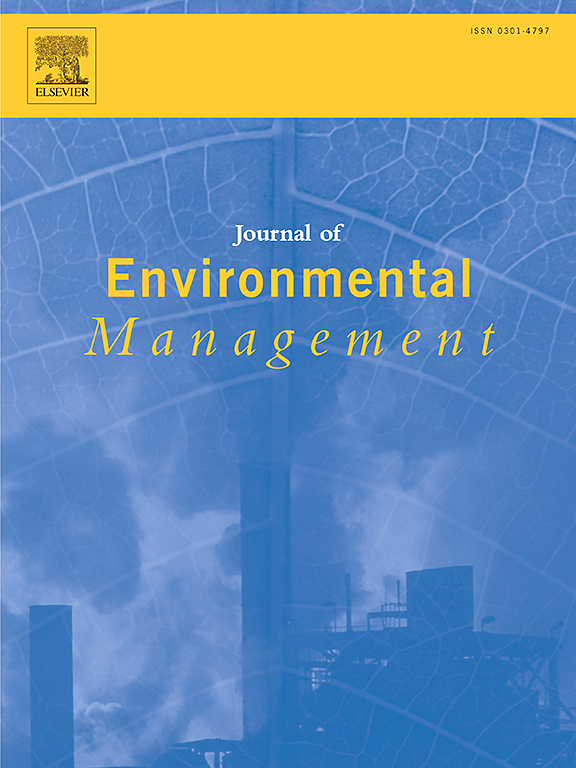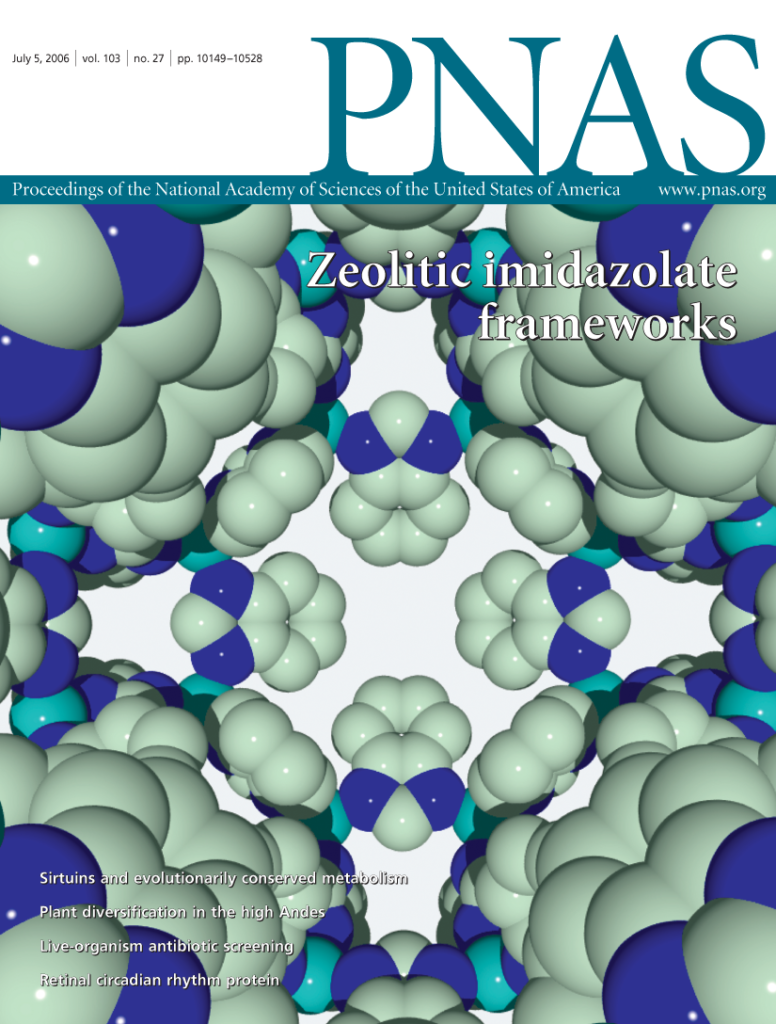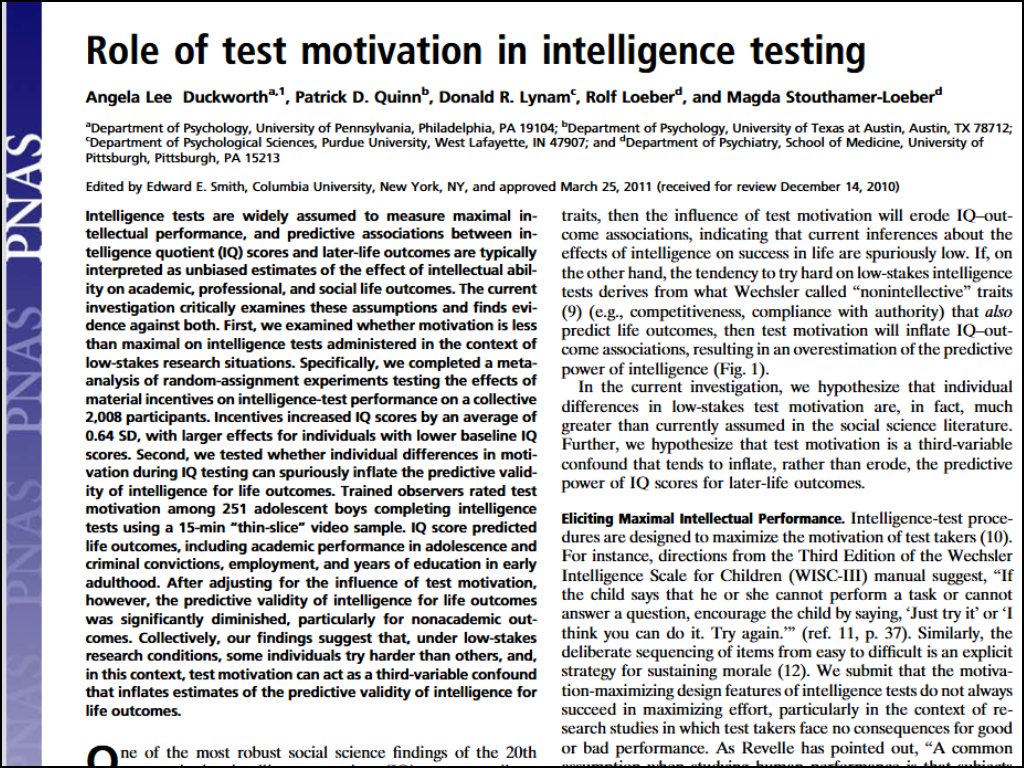A university dean is being investigated for plagiarism following our coverage of accusations against him, a Bulgarian newspaper reported last month.
The Academic Ethics Commission in Bulgaria has launched an investigation into Milen Zamfirov, dean of the faculty of educational sciences at Sofia University, Dnevnik reported February 25.
The accusations concern a 2021 paper he wrote with his colleague Margarita Bakracheva, “In Search of Integrativity of Sciences: the Principle of Supplementarity in the Story of Pauli and Jung.” As we reported in December 2024, the paper “seems to have significant overlap” with other sources.
Continue reading ICYMI: Dean under investigation for plagiarism following Retraction Watch story: report
